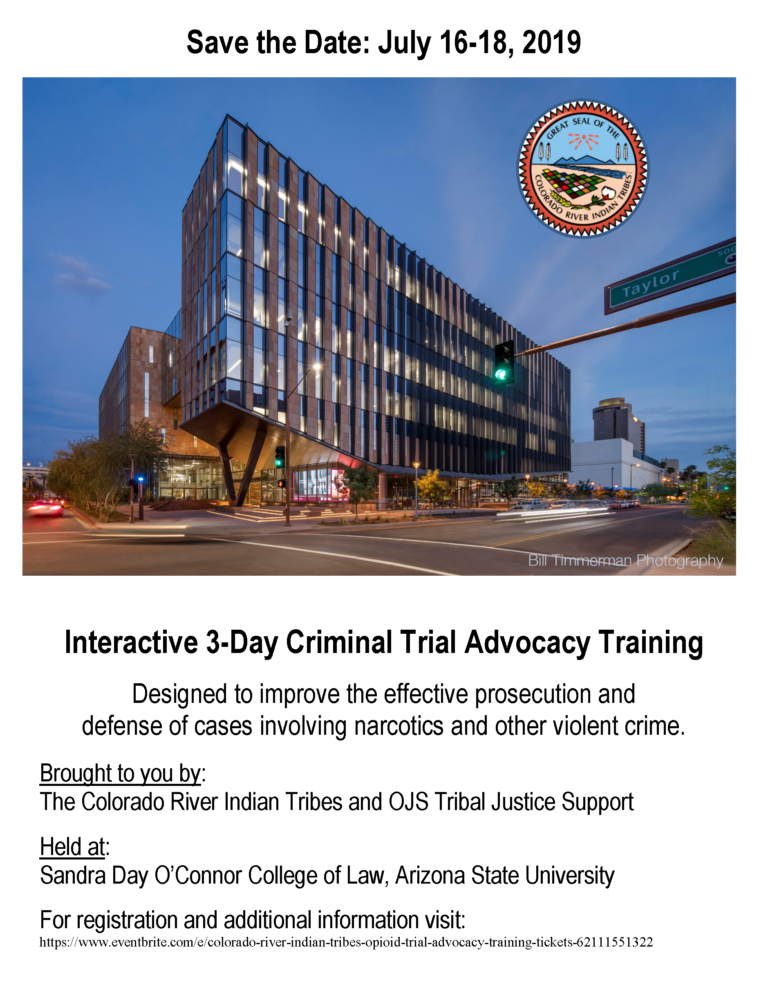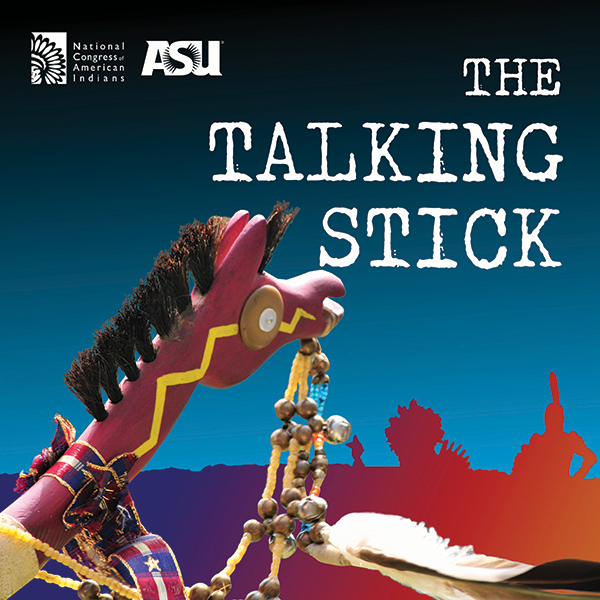In an earlier post, we talked to some of our alumni with concurrent degrees. Again, we reached out to our alumni to ask them why they chose to pursue concurrent degrees and how it has affected their career after graduation. Below are the responses from Perry Riggs (’98) and Courtney Monteiro (’06). You can read our first installment on our blog here.
- Robert A. Rosette (’96), Partner and founder of Rosette, LLP
- Marlene Ray (’97), business manager and philanthropist
- Perry Riggs (’98), Deputy Executive Director, Navajo Nation Washington Office
- Theresa Rosier (’98), Deputy General Counsel, Salt River Pima-Maricopa Indian Community
- Verrin Kewenvoyouma (’04), attorney, business advisor, and owner of Kewenvoyouma Law, PLLC
- Courtney Monteiro (’06), Senior Vice President, Sovereign Finance, LLC
- Bartley Harris (’08), Attorney, Four Rivers Indian Legal Services
- Kris Beecher (2L), student and Chairman of the Board of Commissioners for the Navajo Housing Authority
What is your current occupation and how long have you held that position?
Perry Riggs: I am currently the Deputy Executive Director of the Navajo Nation Washington Office. I’ve held this position for almost three years, but I have worked for this office for about five years.
Courtney Monteiro: I am the Senior Vice President of Sovereign Finance. I helped start the company in August 2008 and have been with the company ever since. Prior life was as an Investment Banker at JPMorgan Securities.
How have your concurrent MBA and JD degrees affected your career? Do you wish you had chosen a different field?
Perry Riggs: I think having both degrees has made me more marketable in the early stages of my career. Having an MBA has also helped me do my job as an attorney. I have been a licensed attorney for almost 20 years now and about 18 of those years has been spent within tribal government. Nowadays, Indian tribes are doing so many different things, especially economically, that you now have to know things from a business perspective. As an attorney, I have been involved in finance, investments, commercial transactions, construction, tribal enterprises, gaming, procurement, budgets, appropriations, economic development, and a number of other areas. With an MBA, it allowed me to see the issues involved from a business perspective allowing me to provide better advice and services to the tribe, as well as their enterprises.
I do not wish I had chosen a different field. Being an attorney is a very difficult job, but it has its rewards.
Courtney Monteiro: I’m a bit of an anomaly. My JD/MBA helped me realize that I preferred the business side of the equation to the legal. As such, when I received offer letters and considered my options, I was partial to proceeding outside of a traditional career in law. That said, I could not have excelled in my career without the work that was put in going through the legal portion of my education. I have zero regrets regarding my career choice. In fact, I couldn’t have imagined being in the position I am in when I was in school and I am grateful to have had the opportunities that I have had. I certainly would not have been prepared for where my career has taken me without all facets of my educational career, including my time spent at the law school.
In what ways do you use your knowledge of law in your career and everyday life?
Perry Riggs: I have been utilizing my knowledge of the law pretty much throughout the length of my career. I worked 12 and a half years as in-house counsel for an Indian tribe, one and a half years as counsel within Congress, one year as outside counsel, and five years in my current position working on behalf of my tribe in its representation to Congress and the Executive Administration. This all requires legal knowledge. In everyday life, I use the analytical skills often for problem solving, but the legal knowledge only in specific circumstances.
Courtney Monteiro: My firm provides financial and investment advisory work to tribal clients. While I am not in a position where I am drafting legal opinions or doing legal research, the time I spent both in law school and during my clerkships have been an invaluable component to ensuring that my client efforts receive the best advice possible. Sometimes this is as simple as providing them with access to legal resources that are made available to me through the many friends and colleagues, mostly graduates of the ILP program, that are providing exceptional legal advice throughout Indian Country.
Would you recommend a law degree or concurrent degrees to prospective students? What would you say to a student considering earning these degrees?
Perry Riggs: Although it would depend on your circumstances and goals, I would definitely recommend a law degree or concurrent degree. Not only is the legal knowledge you gain from law school helpful, but the legal training also dramatically improves your logical and analytical abilities, as well as your ability to think strategically in resolving issues and problems.
Courtney Monteiro: I unquestionably and without hesitation would recommend that students that are able, take the time to pursue both degrees. I couldn’t tell you how many of my legal colleagues express to me how they should have taken the extra time to get their MBA. The addition of the skills that are developed as part of the MBA are an invaluable addition to any lawyers resume, and quite frankly develop a series of life skills that are valuable in and of themselves. In addition, and if that is not enough justification, being able to secure an MBA in one year rather than two as is typical, is incentive in and of itself.
Anything else you’d like to add?
Perry Riggs: I would say, if you are thinking about a legal career, do not take it too lightly. And, especially, do not make the decision based on simply wanting the title of an attorney. It is a difficult job and it requires a lot of work. But, at the same time, in my practice area of Indian law, you are involved with working with some of the brightest people and working on some interesting and difficult issues while pushing the cause of Indian tribes and Indian people. It has its own rewards.
In regards to the Indian legal program at ASU, it has expanded much further than when I was in law school. They are doing a lot of great work. I still see a number of people who were in the ILP program during my time at ASU and some of the work they are doing now is amazing. Due to our connection with the ILP, these people remain life-long friends and colleagues.


